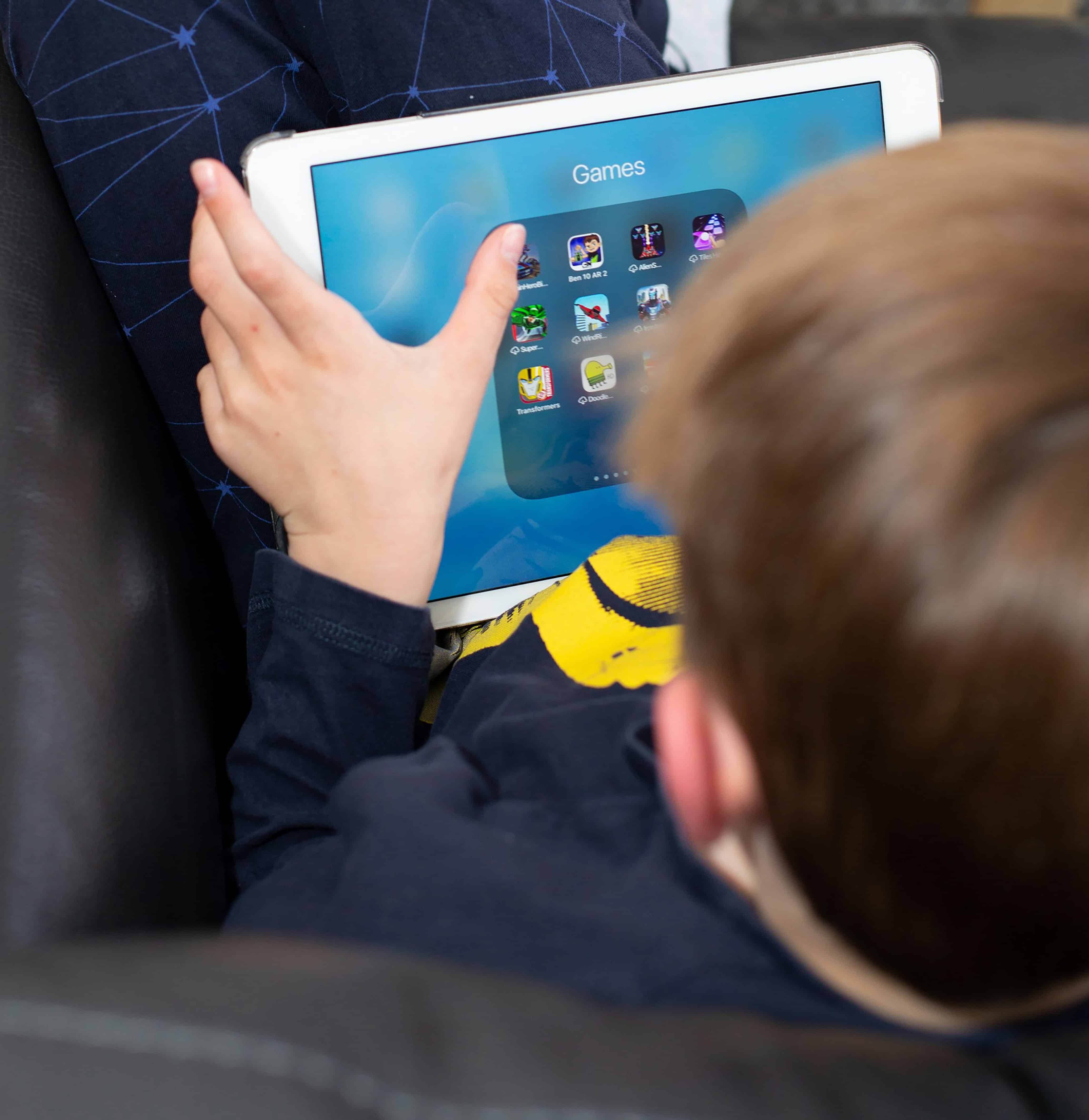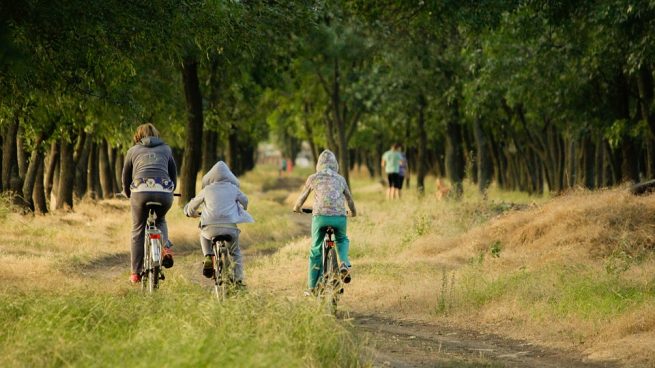Disconnecting young people from addictive screens

"We are all affected, directly or indirectly, by the digital revolution . But the group that worries me most is children and adolescents," says Dr. Javier Albares , who coordinates a team of professionals treating sleep-related problems at the Teknon Medical Center in Barcelona, Spain.
He points out that excessive screen time is having disastrous consequences for the younger segment of the population, which he calls the Zombie Generation , with both respect and concern, since in addition to being an expert in sleep medicine, Albares is, above all, a father of teenage children.
Zombie generation trapped by screensThis is a generation that, in countries like Spain, gets its first smartphone at an average age of under 11, and that mobile phones and tablets are shaping, trapping it in a spiral of hyperstimulation, addiction , and chronic sleep deprivation, he explains.
Excessive screen use "weakens the physical and mental state of children and adolescents, hinders their neurocognitive development, promotes the development of psychological disorders , produces a lack of patience, aggression, and academic failure, and robs them of one of the most precious treasures for good health: sleep," Albares emphasizes.
In his new book, Generation Zombie , Albares examines how mobile phones and tablets are shaping a generation trapped in a spiral of hyperstimulation, addiction, and chronic sleep deprivation, and offers concrete solutions to mitigate their effects and help young people reconnect with the real world.

Gabriela Paoli , a psychologist specializing in technological addiction and president of the Nexum Association, has a similar diagnosis regarding the impact of digital hyperconnectivity on the mental, physical, and emotional health of young people (and many adults as well) and that of Dr. Albares.
"Living glued to a screen can lead to anxiety , sleep disturbances, social isolation, unwanted loneliness, and a sedentary lifestyle. There's even talk of ' nature deficit disorder ,' due to the lack of real contact with the environment," warns Paoli, author of the book 'Digital Health.'
He warns that various studies report "reduced concentration, memory, and creativity in young people , along with increased symptoms of anxiety , depression, and aggressive behavior associated with excessive social media use ."
The solution to this problem "is not to reject technology , but to use it consciously, prioritizing well-being and maintaining a connection with our real environment, so as not to lose control over our lives, for example, by "setting schedules to check social networks and avoiding using our cell phones before bed" and "eliminating unnecessary apps and deactivating notifications."
To regain control of our time, relationships, and well-being , Paoli also advises "participating in local activities, walks, workshops, or volunteering in our community; prioritizing hobbies, sports, nature, relaxation, and face-to -face encounters; and talking to other people to share what we feel and create more human, less virtual relationships."
RAND Formula, the antidote to hyperconnectivityAsked by EFE what parents can do to stop their young children and teenagers from being immersed in the hypnotic and addictive world of screens , Paoli proposes her RAND formula as a strategy to combat hyperconnectivity and encourage conscious and healthy use of technology .
The letter R ( interpersonal relationships ) of this educational acronym aims to foster social and family relationships and expand the social circle, and motivate the youngest members of the household to share and participate in activities that encourage face-to-face encounters.
The letter A (arts) reminds us of the importance of reading, attending musical shows or concerts, composing songs, doing crafts , or going to the theater or exhibitions , all as a family, which provides many visual and auditory stimuli that generate enjoyment.
Another wonderful source of emotion, tranquility, and enjoyment is nature, the N in Paoli's RAND formula , which recommends walking in the countryside, feeling the sun and wind, appreciating the colors of plant and animal life, and breathing deeply to connect with ourselves and feel greater calm.
To apply the letter D (sport), this psychologist advises practicing some exercise or sport, preferably outdoors and in a group, playing a game of soccer, basketball, or even attending a sporting event, "which makes children and adolescents enjoy, shout , and get excited," she explains.

Other activities, based on scientific evidence and the RAND formula , that mothers and fathers can encourage in their young children and adolescents and share as a family, and that generate real connections , provide enjoyment, mitigate isolation and unwanted loneliness and give them a sense of family or social belonging , are the following:
- Family playtime. Shared play (board games, homemade escape rooms) strengthens bonds and improves cognitive and emotional development.
- Screen-free creative activities. Creativity (through crafts, story writing, collage, model building) reduces stress and promotes self-regulation.
- Nature explorations. Being in contact with nature (through hikes and excursions, outdoor treasure hunts, or camping) improves mood, alertness, and overall well-being .
- Shared culinary activities. Cooking together as a family (preparing healthy recipes, contests, and family cooking challenges) promotes executive skills and positive communication, according to Paoli.
- Theater or role-playing at home. Encouraging symbolic play (acting out plays, creating costumes and masks, recreating a dance, playing musical instruments, or composing a song or play) improves empathy and conflict resolution.
- Emotional wellness routines. Mindfulness and relaxation practices, such as guided meditation, yoga for children, or conscious breathing, help regulate emotions and improve attention, according to Paoli.
- Family challenges and competitions. Challenges, such as themed days or dinners, screen- free activities, or sports or talent competitions, promote intrinsic motivation and teamwork.
- Family book club. Reading a novel together by chapter, discussing books, or acting out stories improves children's language, empathy, and concentration, the psychologist notes.
- Construction or science projects at home. Sharing science experiments, building objects, or designing houses or bridges as a family is an active, hands-on learning experience that encourages critical thinking and problem-solving.
- Participation in community activities. Social engagement (through family volunteering, community gardens, or intergenerational activities) improves self-esteem and reduces antisocial behavior, Paoli concludes.
(Text: Ricardo Segura)
TOPICS -
Diariolibre





